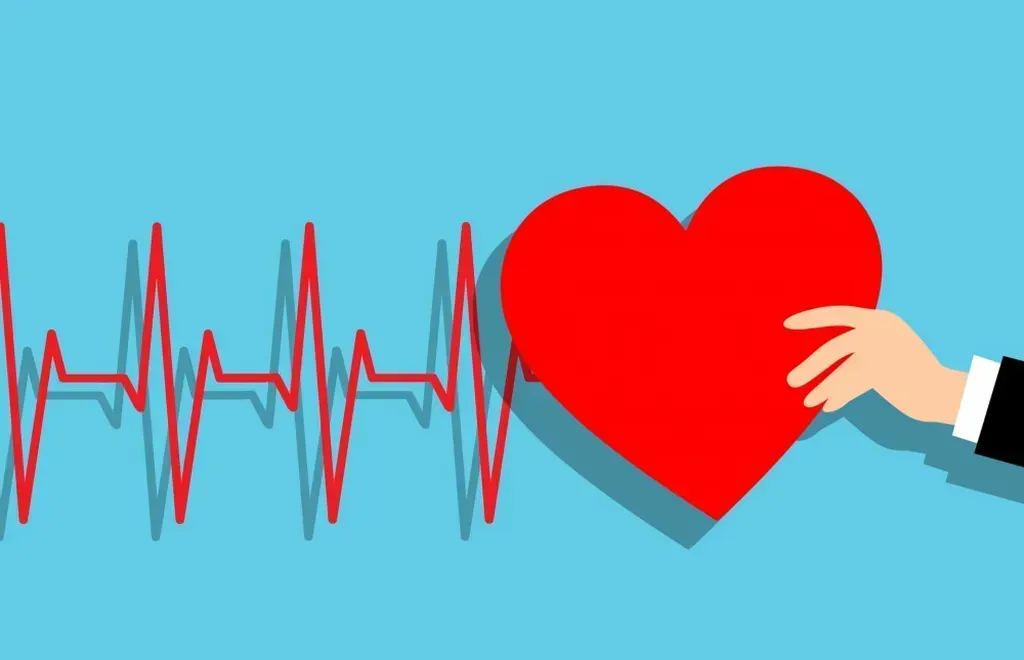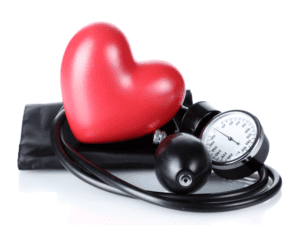Sleep problem associated with high blood pressure

Sleep apnea left untreated can lead to several health problems, including high blood pressure. What happens when someone has sleep apnea is, they experience pauses in their breathing many times per night. Some people have hundreds of episodes of apnea over the course of the night.
The pauses in breathing are brief, but they still lead to significant consequences. Oxygen levels drop. In response to the decreased oxygen level, the lungs and heart need to work harder, which causes blood pressure to increase.
Over time, the elevation in blood pressure may not only occur during sleep. The repeated increases in blood pressure during sleep carry over during the day, causing hypertension most of the time. In fact, sleep apnea may be the culprit in many instances of hypertension.

According to research published in the journal Hypertension, it is thought that about 50 percent of people that are diagnosed with high blood pressure also probably have obstructive sleep apnea. In some cases, sleep apnea is not diagnosed and is an underrecognized comorbidity.
The good news is studies show that treating sleep apnea can decrease high blood pressure. According to the American Academy of Sleep Medicine, successful treatment for sleep apnea reduces arterial stiffness. Patients that were compliant with sleep apnea treatment for three months had a substantial reduction in systolic and diastolic blood pressure.
Consequences of High Blood Pressure
According to the American Heart Association, high blood pressure that is left untreated is a risk factor for a variety of other health conditions including:
- Atrial fibrillation
- Heart attack
- Stroke
- Peripheral artery disease
- Kidney disease
The longer a person lives with high blood pressure, the more likely they are to develop additional health issues.
Additional Diseases Associated with Sleep Apnea and Poor Sleep
Sleep apnea is only one type of sleep disorder, but it is one of the most common. According to the National Sleep Foundation, about 18 million people in the United States have sleep apnea. The pauses in breathing also cause brief arousals during the night. Most people with untreated sleep apnea get poor sleep.
High blood pressure is not the only potential health problem from sleep apnea and poor sleep. Inadequate sleep can also lead to other diseases and chronic health problems, including the following:
Mood disturbances
The quality of your sleep is linked to your emotional well-being. We all know that when we don’t get enough shuteye, we may also be low on patience. Lack of sleep, which can occur for a variety of reasons, can increase stress and irritability. People with chronic sleep issues also have an increased risk of developing depression and anxiety.
Obesity
Insufficient sleep also is linked to higher rates of obesity. Sleep plays a role in proper neuroendocrine function, as well as glucose metabolism. Lack of sleep or poor sleep may decrease glucose tolerance and increase nighttime levels of ghrelin. Ghrelin is a hormone that stimulates the appetite. All these factors may increase the likelihood of weight gain. Research published in the Journal of Current Opinion in Clinical Nutrition and Metabolic Care found that people that habitually slept less than six hours a night were more likely to have a body mass index higher than those who sleep eight hours.
Diabetes
Poor sleep may affect the way your body processes glucose. Studies have indicated that insufficient sleep can increase your risk of type 2 diabetes. Diabetes raises your risk of other problems, including heart disease.
Treating Sleep Apnea
Many people might not even realize they have sleep apnea. That means they go untreated, which may lead to hypertension and a host of additional health issues.
It is critical that people with sleep problems get a proper diagnosis and treatment. Treatment is essential not just to improve energy and quality of life, but also to prevent diseases, such as hypertension.
Treatment of sleep apnea and poor sleep is often multifaceted. Treatment may involve CPAP, lifestyle changes, and oral appliances. CPAP involves continuous positive airway pressure. CPAP delivers pressure to the airways to keep them open, which reduces episodes of apnea. Lifestyle changes may include losing weight, exercising, and changing eating habits.
Another option is an oral appliance that is worn in the mouth overnight when you sleep. There are different devices, but they tend to work on one or two premises. The most common type of device repositions the jaw forward to prevent airway obstruction. Oral appliances prevent snoring and also treat sleep apnea by promoting good airflow and decreasing obstruction. Oral devices are often well-tolerated, and they can also be used along with CPAP.
If you would like to get more information about oral appliance therapy or would like to schedule an appointment, please call Pittsburgh Dental Sleep Medicine at 724-935-6670.

